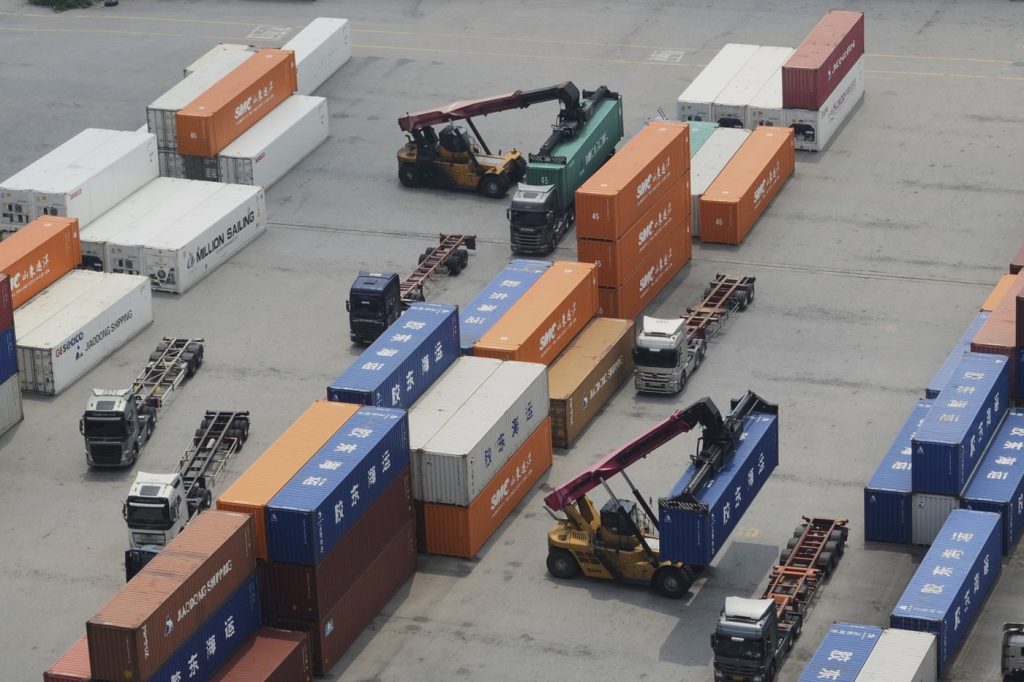In the past week, President Donald Trump has further complicated his trade policies, creating confusion among countries seeking to negotiate with him. In a series of aggressive moves, he has threatened to impose increased tariffs on goods from Canada and to raise his universal tariff on imports globally. Additionally, he has targeted Brazil, penalizing it for its treatment of former Brazilian president Jair Bolsonaro.
On Saturday, Trump announced new tariffs of 30% on imports from two significant trade partners: the European Union and Mexico. This announcement has raised concerns about the unpredictability of his administration's trade stance. Former U.S. trade negotiator Wendy Cutler commented that Trump's actions illustrate the growing "unpredictability, incoherence, and assertiveness" of his trade policies. She remarked that trading partners often find it challenging to determine Trump's position and anticipate future actions.
On Thursday, the president heightened tensions with Canada by announcing a new tariff of 35% on various Canadian imports, set to take effect on August 1. This move was particularly striking as it came despite Canadian Prime Minister Mark Carney’s attempts to secure a trade deal with the U.S. by July 21. Just days prior, Canada had agreed to scrap a digital services tax that Trump perceived as disadvantageous to U.S. technology firms.
Trump is not only focusing on Canada; he also hinted at plans to increase baseline tariffs on imports from 10% to as much as 20%. These tariffs are viewed as a means to finance his significant tax cuts, as outlined in the "One Big Beautiful Bill" legislation he signed on July 4.
Adding another layer to the trade conflict, Trump imposed a staggering 50% import tax on Brazil, driven by his displeasure with Brazil's handling of Bolsonaro, who faces legal challenges for attempting to overturn his electoral defeat in 2022. In correspondence with Brazilian President Luiz Inácio Lula da Silva, Trump mistakenly claimed that trade barriers from Brazil had led to "unsustainable Trade Deficits," when, in reality, the U.S. has enjoyed a trade surplus with Brazil for 18 consecutive years.
This move against Brazil has been interpreted by some analysts as Trump’s attempt to exert influence beyond trade, impacting the domestic political landscape of other countries. Eswar Prasad, a professor of trade policy at Cornell University, noted that Trump appears to view tariffs as tools to influence not only trade policies but also the legal and political situations in foreign nations.
Despite the lack of success of his tariff strategies in compelling countries to make concessions, Trump remains steadfast in his belief in their effectiveness. Following his announcement of baseline tariffs on April 2, he quickly suspended reciprocal tariffs after a market downturn, allowing countries a negotiation window. However, the administration only managed to strike two agreements, with the United Kingdom and Vietnam, before the deadline expired.
Rather than reimposing reciprocal tariffs, Trump sent notices to 23 countries threatening new levies ranging from 20% on the Philippines to 50% on Brazil, should negotiations fail to yield results by August 1. Experts, like Chad Bown of the Peterson Institute for International Economics, noted that the additional time Trump sought to pressure U.S. trading partners was unlikely to result in meaningful agreements.
Countries face domestic pressures that complicate negotiations. For example, Malaysia has set "specific red lines" it is unwilling to cross concerning U.S. demands. While Malaysia has offered concessions, including purchasing Boeing aircraft, it insists on fairness in any trade agreement.
Despite this tension, the sheer size of the U.S. economy provides significant leverage over trade-dependent nations. Matthew Goodman from the Council on Foreign Relations emphasized that these countries require access to the U.S. market. As they negotiate, nations like Thailand aim to secure deals to mitigate the looming threat of hefty tariffs.
Countries are increasingly looking towards alternatives to economic dependence on the U.S., with Canada pursuing trade agreements with Southeast Asian nations and others seeking closer ties to China. Given Trump’s inclination to prematurely declare successes, foreign governments may attempt to outlast his administration, awaiting potential shifts in U.S. trade policy.
As countries navigate this turbulent landscape, the challenge remains: how to accommodate Trump's demands in a way that minimizes significant concessions without alienating their own political constituencies.











